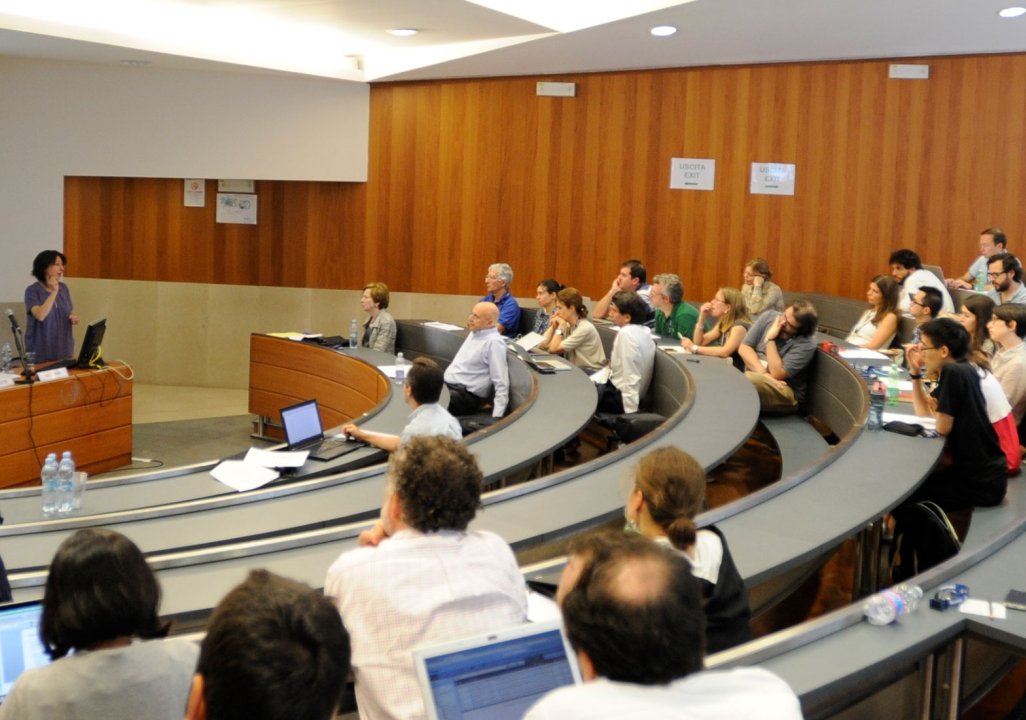Enrique Ide - Artificial Intelligence in the Knowledge Economy

Abstract:
This paper provides a new framework for studying the impact of Artificial Intelligence (AI) on the organization of knowledge work. We incorporate AI into an economy where humans endogenously form hierarchical firms: Less knowledgeable agents become "workers" solving routine problems, while more knowledgeable agents become "solvers" handling exceptions. We model AI as an algorithm that uses compute to mimic humans. We compare the equilibrium before and after AI's introduction, distinguishing between "basic" AI (with knowledge equivalent to pre-AI workers) and "advanced" AI (with knowledge equivalent to pre-AI solvers). We show that basic AI increases the knowledge content of human work, leading to smaller, less productive, and less decentralized firms. In contrast, advanced AI decreases the knowledge content of human work, resulting in larger, more productive, and more decentralized firms. In any case, the most knowledgeable humans benefit from AI, while the least knowledgeable benefit only when AI is sufficiently advanced. We discuss how these effects depend on AI's autonomy and the availability of compute.
For further information please contact: erika.somma@unibocconi.it